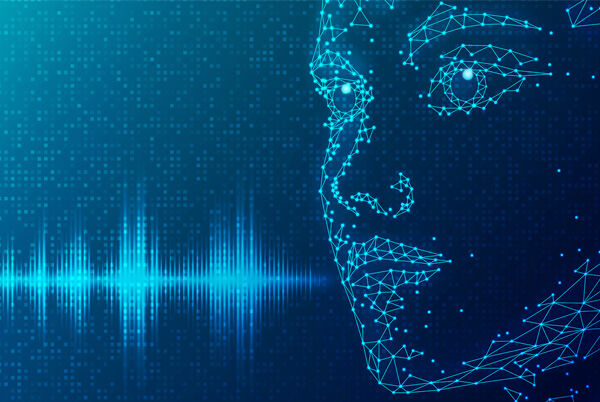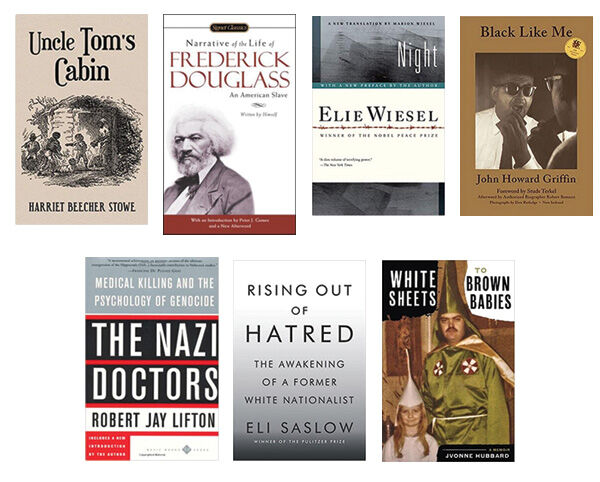Bias
The Role of Language in Bias, Prejudice, and Violence
Language has the power to hurt, but it also has the power to heal.
Posted October 19, 2022 Reviewed by Hara Estroff Marano
Key points
- Written and spoken language can be a weapon, sometimes a deadly weapon.
- Language can counteract bias and prejudice and enhance empathy and healing.
- The words that record and make public the laws of the land can be transformative.

There are three aspects of language that deserve mention in the context of bias, prejudice, and violence. The first two are seen at the individual level while the third one is seen in groups.
In Individuals
The first involves written and spoken language as a weapon—sometimes a deadly weapon—the wounding, hurtful, potentially destructive aspect of certain words, e.g., racial and ethnic slurs. Language can be potentially destructive in terms of undermining a child’s development and sense of self —by eliciting distress, fear, shame, self-disgust, and rage in the context of bias and prejudice. In children and adults, language can be used to elicit both negative and positive affects in the name of bias and prejudice to motivate groups toward violence and great destructiveness.
Second, written and spoken language can be of use in counteracting bias and prejudice and enhancing empathy and healing; the pen can be mightier than the sword. Fictionalized, as well as research-driven and personal, accounts, have had a profound impact on the public’s understanding of bias and prejudice. Stand-out examples include Uncle Tom’s Cabin (Harriet Beecher Stowe), Frederick Douglass’ three autobiographies (including Narrative of the Life of Frederick Douglass, an American Slave), Night (Elie Wiesel), Black Like Me (John Howard Griffin), The Nazi Doctors (Robert Jay Lifton), and the books by two ex-white supremacists, Derek Black (Rising Out of Hatred) and Yvonne Hubbard (White Sheets to Brown Babies).
The words spoken and written by Abraham Lincoln, Martin Luther King, Jr., and others have had important positive effects on society. In addition, in our era of easy recordings and video, the pictures and words involved in bias and prejudice can be profoundly impactful. Think: George Floyd and “I can’t breathe,” “Black Lives Matter,” and #MeToo.
In Groups
Third, the words that record and make public the laws of the land can be transformative, particularly in regard to physical punishment. The legal processes, with words articulating various aspects of behaviors and consequences, are crucial.
In addition, the “voice of the law,” having laws on the books and in the public eye, can itself be useful in alerting individuals and society to the serious problems associated with bias, prejudice, and violence.
However, in prejudiced and tyrannical governments, laws can be detrimental and contribute to severe and destructive discrimination of individuals and society. Consider the Jim Crow laws in the United States, the Taliban and Islamic laws restricting women, and the anti-Semitic laws of Germany in the 1930s and '40s.



